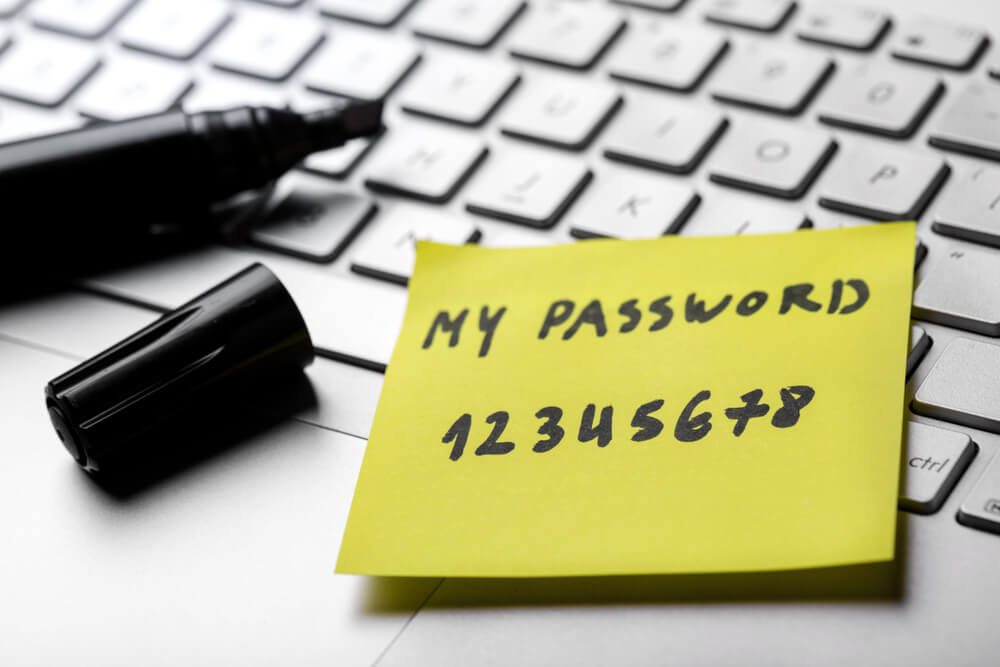With the ongoing pandemic, remote working has become a very popular practice around the globe. However, while remote working increases flexibility and boosts productivity, it exposes your business to remote work security risks. You need to understand that your employees might be putting your business data at risk without even knowing it. Due to this new remote working landscape, cyber security is becoming more of a concern for businesses across the globe than it has ever been.
Amidst the evolving landscape of remote work security, leveraging technological advancements like security questionnaire automation emerges as a game-changer in bolstering defenses. By automating the process of assessing employee adherence to security protocols and identifying potential vulnerabilities, businesses can streamline risk management efforts and enhance overall resilience. This proactive approach not only empowers organizations to preemptively address security concerns but also fosters a culture of accountability and vigilance among remote workforce.
Generally, it is much easier for your cyber security workforce to keep computer systems and data safe within the workplace than doing it outside the establishment where the business has very little control. For instance, news outlets like NewsAnyway.com often report on breaches and cybersecurity trends, highlighting the increasing risks businesses face. Additionally, the type and number of connections linked to the company will change drastically, making it essential for robust security measures and constant monitoring to prevent unauthorized access and data leaks.
So what are the risks of remote working? Here are the most common cyber security risks of remote work that might endanger your business.
Using Personal Devices for Work

When employees work remotely, they don’t necessarily bring home their office devices such as computers. According to a recent survey by Clutch, 36% of the employees working from home have admitted to using unregulated personal devices to transfer work-related files, which is a very worrying trend.
While this is happening, another trend that allows employees to bring their personal devices to work (BYOD) has also emerged. While you can’t argue with the fact that using personal devices makes employees feel a sense of flexibility, such a practice increases the risk of remote working. This is because many people never think about encrypting their devices.
For instance, when an employee uses their personal device to make a work-related phone call or simply log in to business accounts, hackers can easily access this data unless the device is encrypted. Also, new printers come with a host of features that hackers can exploit in order to access important data.
Therefore, when your employees use their personal printers to print work-related documents, it poses a big security issue for the cyber security workforce. It’s also important to note that some of these employees might leave the company at some point and continue holding on to confidential data stored on their devices, and you won’t get a chance to retrieve or erase it.
Additionally, the remote work cyber security risk increases when the employees start using company-assigned devices for non-work activities. Remote working security is jeopardized when employees use these devices to send out personal emails, shop online, or access their social media accounts.
Unsecured Home Wi-Fi Networks
Companies that value data security always secure their networks. This can’t be said about wireless networks at home. When your employees connect to their home Wi-Fi networks to access corporate accounts, it means that the security features that you often take for granted, such as filtering, encryption, and firewalls, won’t be available, and you won’t have an oversight of what is going on.
This ends up posing a major security issue to company data that will require the cyber security workforce to fix. Most people do not enable strong security protocols for the home Wi-Fi networks, which means that hackers nearby can easily spy on their connection and get access to confidential company information.
For example, when an employee sends out an unencrypted document to their colleague, it can be easily intercepted and stolen by hackers. Also, many people usually overlook updating their home router software. When home router software is not updated in time, the existing security gaps won’t be patched, and this can increase the risk of a data breach over time.
To minimize this remote work cyber security risk, advise your employees to create strong and unique passwords for their home Wi-Fi networks. Also, your employees shouldn’t be allowed to access company information or accounts using unknown Wi-Fi networks not unless they’re using a VPN connection.
Additionally, if your company has a cyber security workforce, you can ask them to provide a firewall to secure every employee’s home Wi-Fi network. This should be at the top of your company’s remote working cyber security measures to help secure confidential company data.
Ignoring Basic Physical Security Practices
Even if remote working cyber security is the primary focus, you simply can’t ignore the issue of physical security, especially when it comes to the company’s confidential information. You need to understand that the risk of theft will always be there after the company’s devices have left the building. This risk is even bigger, especially for those employees who work from public spaces such as hotels and coffee shops.
The issue of theft is also a major concern even when employees are working from their homes. Generally, any home filled with lots of electronic devices such as computers, laptops, smartphones, routers, TVs, tablets, among others, is always a prime target for burglars. If your employees have a habit of leaving work-related devices unattended in hotels and coffee shops, it will only encourage theft.
If your employees are careless with work devices in public places, enhancing remote work security isn’t going to help. This is because thieves can easily hack the work devices and access company data. They can also obtain the necessary credentials and access the company network to steal more confidential data.
Using Weak Passwords

Another risk of remote working is employees using very weak passwords to protect their corporate accounts. Even if your company uses firewalls, VPNs, and other powerful cyber security measures, such an error will weaken the remote work security. Hackers are well aware that human error is very easy to exploit, which is why they’re always trying to get past an advanced security solution by cracking passwords to access valuable company data.
All cybercriminals use different measures to crack passwords. For instance, they compile a list of all the commonly used passwords in the world in order to access poorly protected accounts. Some hackers even write codes that are specifically designed to crack a password by trying out multiple variants.
With the right amount of time, a bot can easily crack a password unless it is very complex. Another practice that is likely to put your company’s remote work security at risk is that of using repeat passwords. If hackers crack a password of a particular account, they will use that same password to try and access other accounts.
Employees who use repeat passwords for their business and personal accounts are a major threat to remote working cyber security. If you’d like to enhance your company’s remote work security, you need to put bans on using repeat passwords and personal information for account logins.
You should also come up with a clause in your company’s password policy that discourages employees from writing down passwords. If some of your employees have a hard time remembering their passwords, they should be guided by the cyber security workforce on how to use a secure password-storing program.
If you value minimizing the risks of remote work in your company, then you should take the above practices very seriously. You need to ensure that your company puts appropriate measures in place in order to curb the remote work cyber security risks so that your employees can remain productive as they work from home.
Do you need customized high-end office products and solutions for your company that will help you enhance remote working security? Contact us today at Frontier Business Products and let us take care of all your cyber security needs.



